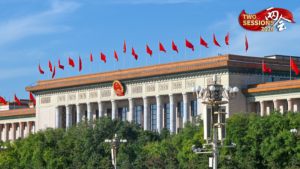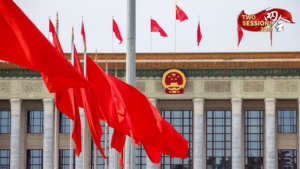
China Urges Diplomatic Solutions for Middle East Stability
Chinese FM Wang Yi emphasizes diplomacy to resolve Middle East tensions, announces envoy dispatch for mediation, as UAE pledges support for peace efforts.

Iran-Hezbollah Strikes in Israel Spark Regional Tensions; Lebanon Reports Casualties
Escalating tensions as Iran and Hezbollah launch attacks on Israel, prompting retaliatory airstrikes in Lebanon. Two injured in central Israel amid cross-border clashes.

Chongqing’s Tech Revolution: Shaping Asia’s Future Industries in 2026
Chongqing emerges as a tech hub, driving advancements in AI, biomanufacturing, and green energy while positioning Asia at the forefront of global innovation.
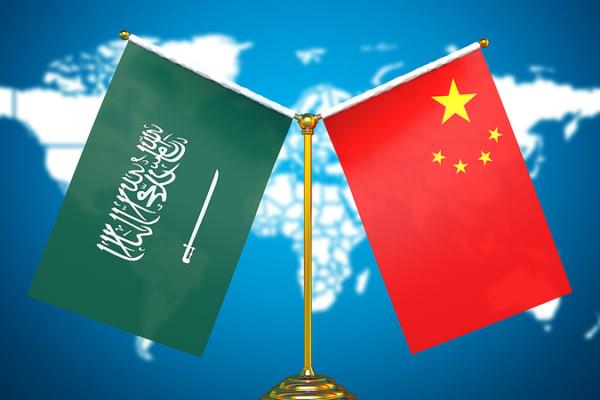
China Urges Global Condemnation of Civilian Attacks in Middle East Talks
Chinese Foreign Minister Wang Yi calls for global condemnation of attacks on civilians, emphasizes dialogue, and announces mediation efforts in Middle East talks with Saudi Arabia.
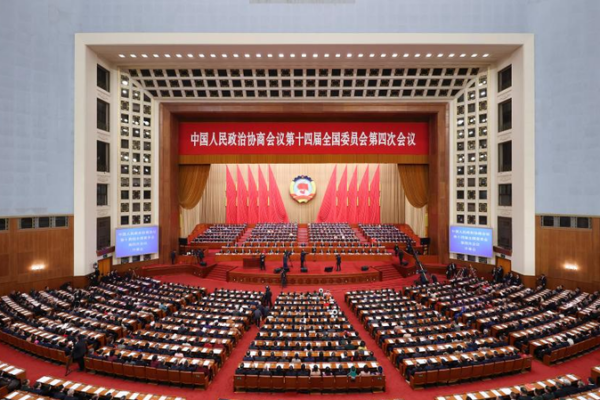
China’s Consultative Democracy Drives Policy Innovation, Economic Growth
China’s CPPCC leverages consultative democracy to transform grassroots insights into national policy, driving economic growth and social innovation through the 15th Five-Year Plan.

China’s AI and Robotics Surge Redefines Global Tech Landscape in 2026
China’s 2026 AI and robotics breakthroughs, from Seedance 2.0’s video generation to Unitree’s humanoid robots, signal a new era of global tech leadership.

China Sets New Energy Production Record in 2025
China’s energy production hits record 5.13B tonnes in 2025 as renewables outpace coal power for first time, signaling major sector transformation.

China’s Sustainable Revitalization Model Gains Global Attention
From abandoned quarry to cultural hub: How Zhejiang’s Huangyan Grottoes exemplify China’s sustainable development model gaining global relevance in 2026.

China-Swiss-US Aero Engine Project Secures Orders Through 2026
Chongqing’s tri-national aero engine maintenance project secures orders through 2026, cutting costs and boosting China’s aviation capabilities.

Chongqing Turbine Maker Sees Surging Global Demand, Books Filled Through 2027
Chongqing Water Turbine Works secures orders through 2027, driven by global hydropower demand. Over 70% of its $140M contracts are overseas projects.
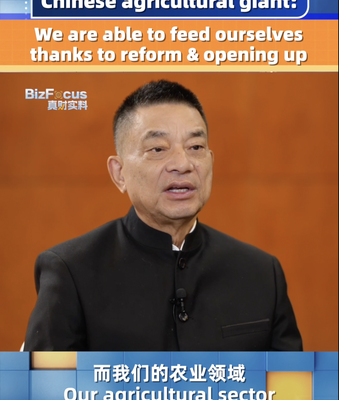
China’s Agricultural Growth Anchored by Reform, Says Top Advisor
CPPCC member Liu Yonghao highlights how China’s reform policies revolutionized agriculture, ensuring food security and economic resilience in 2026.

AI and Robotics Power China’s Spring Festival Productivity Surge
Discover how AI and robotics maintained China’s industrial productivity during the 2026 Spring Festival, reducing downtime and enhancing safety.

Iranian Frigate Attack Off Sri Lanka Leaves 100 Feared Dead
Suspected submarine attack sinks Iranian frigate off Sri Lanka, 100 feared dead. Rescue operations recover 35 survivors as international investigation begins.

US-Israel Iran Strategy Aims to Curb China’s Growth: Analyst
A former US intelligence advisor claims US-Israel actions against Iran aim to contain China’s development and energy access, diverting from domestic issues.

UK Tightens Student Visa Rules for Sudan, Cameroon, Afghanistan & Myanmar
The UK halts education visas for Sudan, Cameroon, Afghanistan, and Myanmar to curb asylum system abuse, citing a 470% surge in claims since 2021.
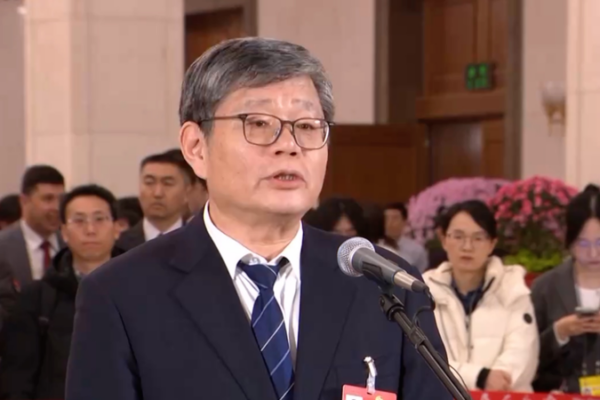
China’s 14th Five-Year Plan Achievements Highlighted by CPPCC Member
A CPPCC member highlights China’s economic growth, tech advancements, and social progress during the 14th Five-Year Plan period (2021-2025).

Iran Accuses Trump of Undermining Diplomacy Amid Nuclear Talks
Iran’s FM condemns Trump-era strikes during nuclear talks, warns EU against backing “aggressions” amid escalating Middle East tensions.

Guangzhou’s Near-Zero Energy Skyscraper Sets New Sustainability Benchmark
Guangzhou’s 170-meter near-zero energy skyscraper pioneers solar panels, wind cooling, and robotic construction, setting a blueprint for sustainable urban development in 2026.

High-Tech Manufacturing Fuels China’s Industrial Evolution in 2026
China’s high-tech manufacturing sector drives industrial transformation in 2026, reshaping global supply chains and fueling economic modernization efforts.

Spain’s Sanchez Urges Peace in Iran Conflict, Defies US Trade Threats
Spanish PM Pedro Sanchez advocates for peace in Iran conflict, rejects US trade threats, emphasizing international law and economic stability.








